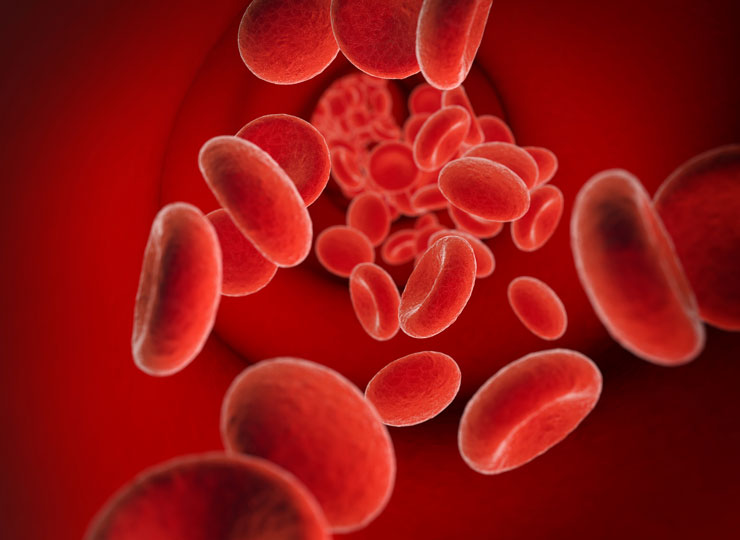
July 29, 2019
Blood flow to the brain becomes sharply reduced early in the course of Alzheimer’s disease, and scientists may have discovered why. Cells contract around tiny blood vessels in the brain, reducing blood flow by up to half, according to a new report.
The cells, called pericytes, wrap around the tiny blood vessels, or capillaries, squeezing them and reducing blood flow. Blood is critical for providing oxygen and nutrients to the brain. Earlier studies have suggested the first change in Alzheimer’s disease is a decrease in blood flow to the brain.
“Our study has, for the first time, identified the underlying mechanism behind the reduction of brain blood flow in Alzheimer’s disease, “ said the lead author, Dr. Ross Nortley, of University College London. “Since reduced blood flow is the first clinically detectable sign of Alzheimer’s, our research generates new leads for possible treatments in the early phase of the disease.”
For the study, published in Science, researchers examined brain capillaries in people with Alzheimer’s disease as well as in mice that were specially bred to develop a disease that resembles Alzheimer’s in people. They found that the blood vessels were squeezed by pericytes.
The scientists also supplied healthy brain tissue with beta-amyloid, a toxic protein that builds up in the brains of those with Alzheimer’s disease, and found that the capillaries became squeezed as a result. The researchers calculated that the constriction was severe enough to halve blood flow.
Damage to brain tissue is usually attributed to beta-amyloid as well as tau, another protein that builds up and forms tangles inside the brains of those with Alzheimer’s disease.
“Our research raises the question of what fraction of the damage is a consequence of the decrease in energy supply that amyloid produces by constricting the brain’s finer blood vessels,” said David Atwell, the study’s senior author. “In clinical trials, drugs that clear beta-amyloid from the brain have not succeeded in slowing mental decline at a relatively late phase of the disease. We now have a new avenue for therapies intervening at an earlier stage.”
Drugs that cause the pericytes to relax, for example, could help to slow the progression of Alzheimer’s, the researchers suggest. Further testing will be needed to better understand the role of reduced blood flow in Alzheimer’s disease, and ways to combat it.
The findings underscore how much scientists have yet to learn about the underlying causes of Alzheimer’s disease. Groups like the Fisher Center for Alzheimer’s Research Foundation continue to fund vital research into the causes of Alzheimer’s, in the hopes of one day finding a cure.
By ALZinfo.org, The Alzheimer’s Information Site. Reviewed by Marc Flajolet, Ph.D., Fisher Center for Alzheimer’s Research Foundation at The Rockefeller University.
Source: Ross Nortley, Nils Korte, Pablo Izquierdo, et al: “Amyloid β oligomers constrict human capillaries in Alzheimer’s disease via signaling to pericytes.” Science, June 2019.











